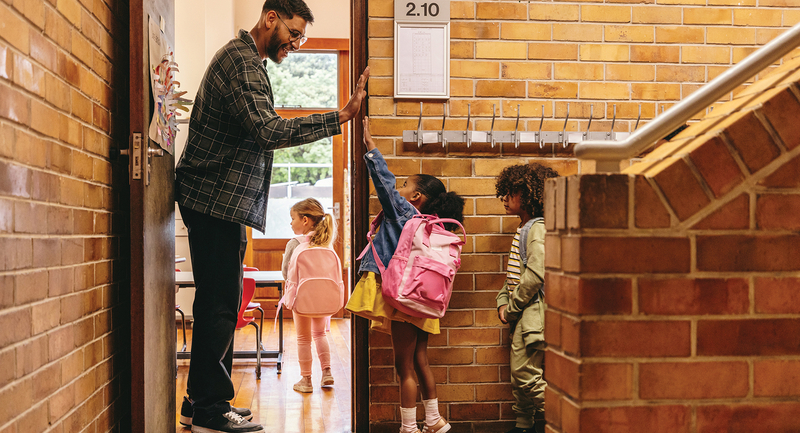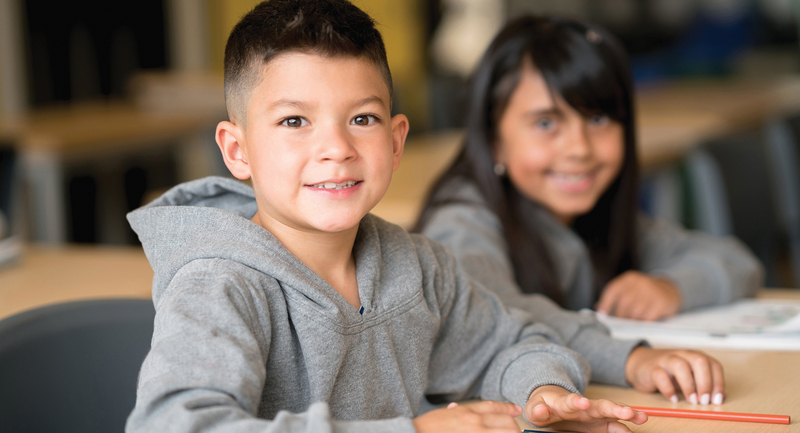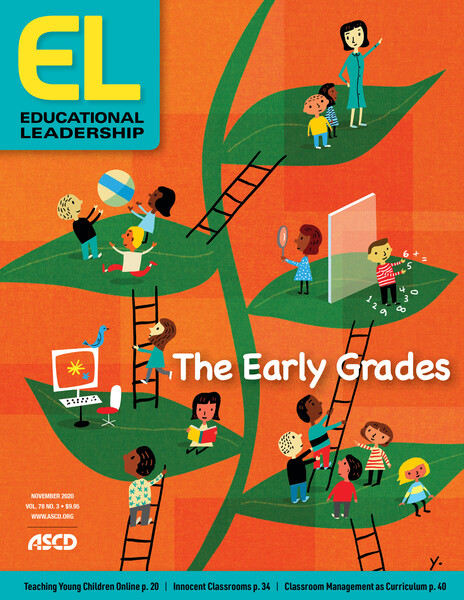Don't Look Away: Embracing Anti-Bias Classrooms by Iheoma Iruka, Stephanie Curenton, Tonia Durden, and Kerry-Ann Escayg (Gryphon House, 2020)
Many educators believe in the concept of "racial innocence"—that children don't see race or color. Yet research shows that even our youngest children do see race. By the time they enter preschool, they have already assigned positive and negative meanings to racial groups.
Iheoma Iruka and her colleagues challenge us to, for example, notice how children interact during play: Who is included or excluded? Do white children show a sense of entitlement? Do they "express fear or discomfort" when they are around their Black peers? During dramatic play, who assigns and controls the roles kids are in? By conducting such observations, early childhood educators can assess their students' racial attitudes and begin to develop an anti-bias program.
The good news, according to Don't Look Away: Embracing Anti-Bias Classrooms, is that "young children have the intellectual capacity for undoing any pre-existing unfair perceptions of others as they engage in meaningful experiences"—and early childhood educators are uniquely suited to lead this work. They are the "first social-justice teachers to potentially begin to dismantle the impacts of racism and inequities on children and families."
The book challenges educators to reflect on the ways white privilege and institutional racism influence the learning experiences of young children of color. They are also challenged to unpack their own unconscious biases: Research finds that teachers hold lower academic expectations for Black children and interpret their behaviors as more aggressive. Black preschoolers, in fact, are 3.6 times more likely to receive an out-of-school suspension than their white classmates.
Don't Look Away includes tons of activities for self-reflection, as well as professional development exercises—like a "Privilege Walk"—that can be used with larger groups. Study questions, tools, and recommended resources give readers opportunities to extend their learning.
As the authors note, creating safe, culturally affirming learning environments "is an act of love toward children and humanity."







